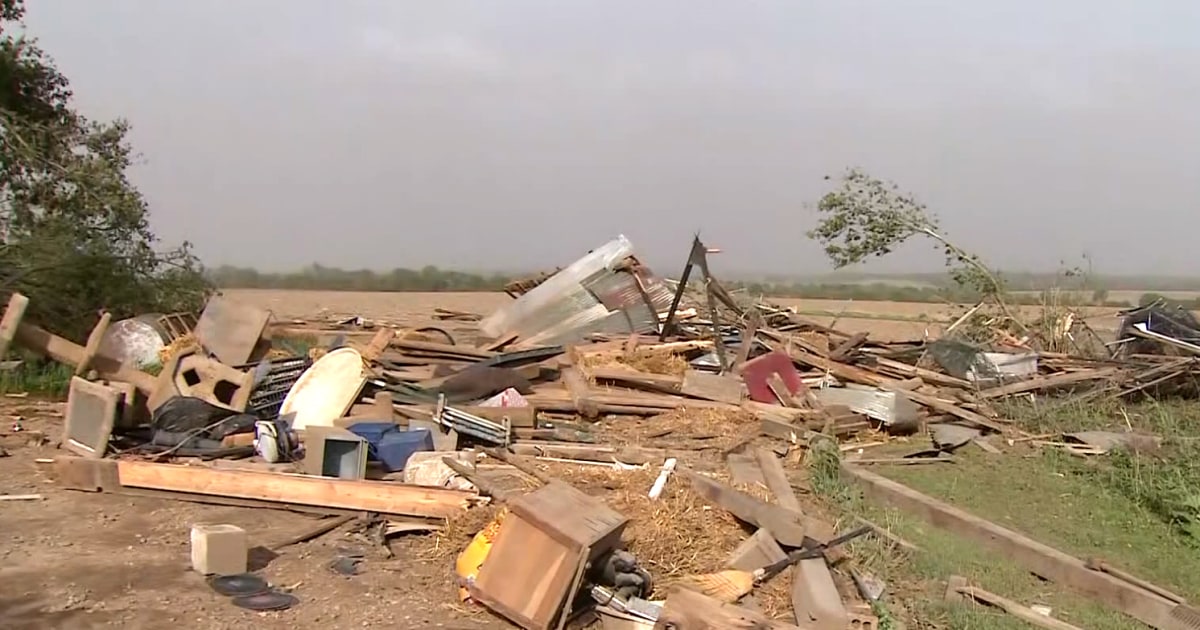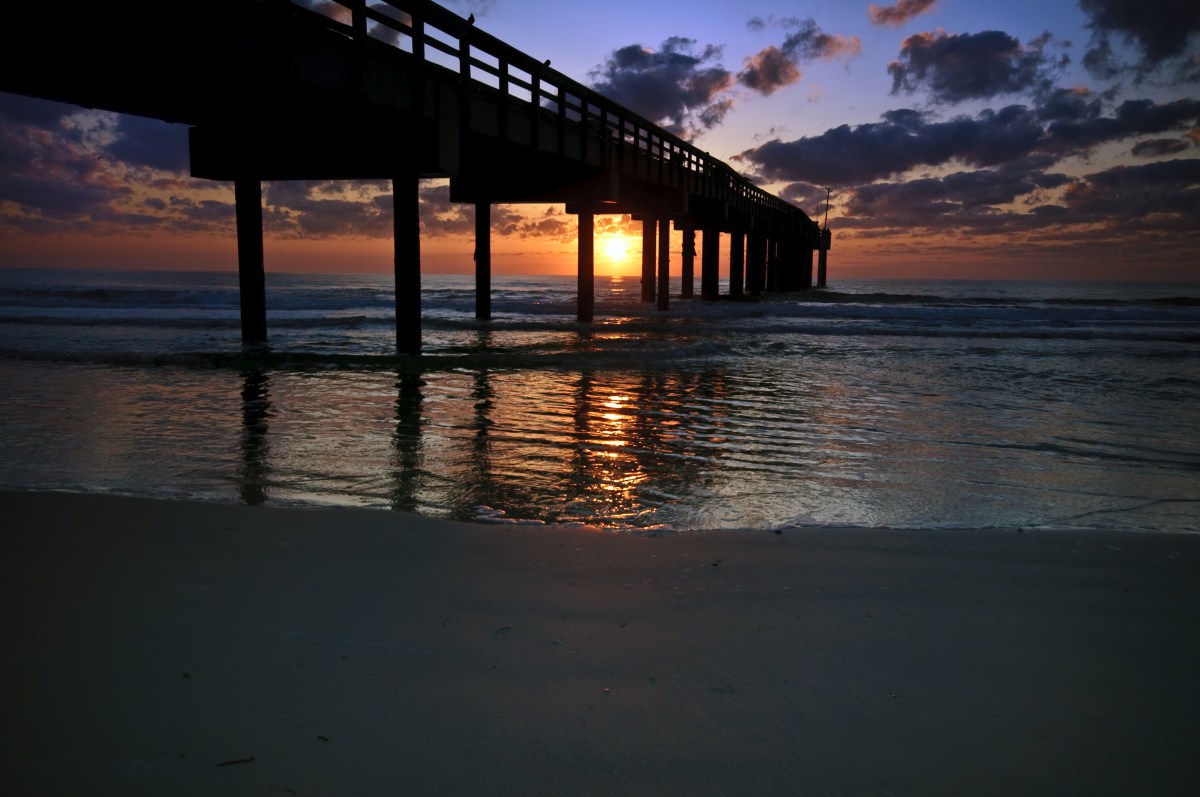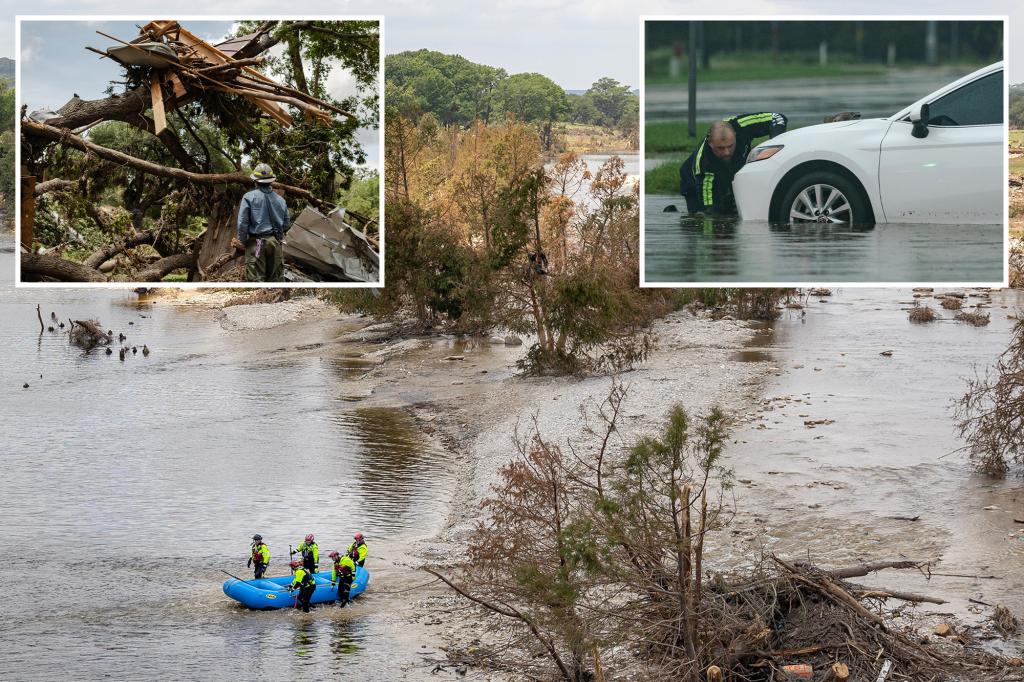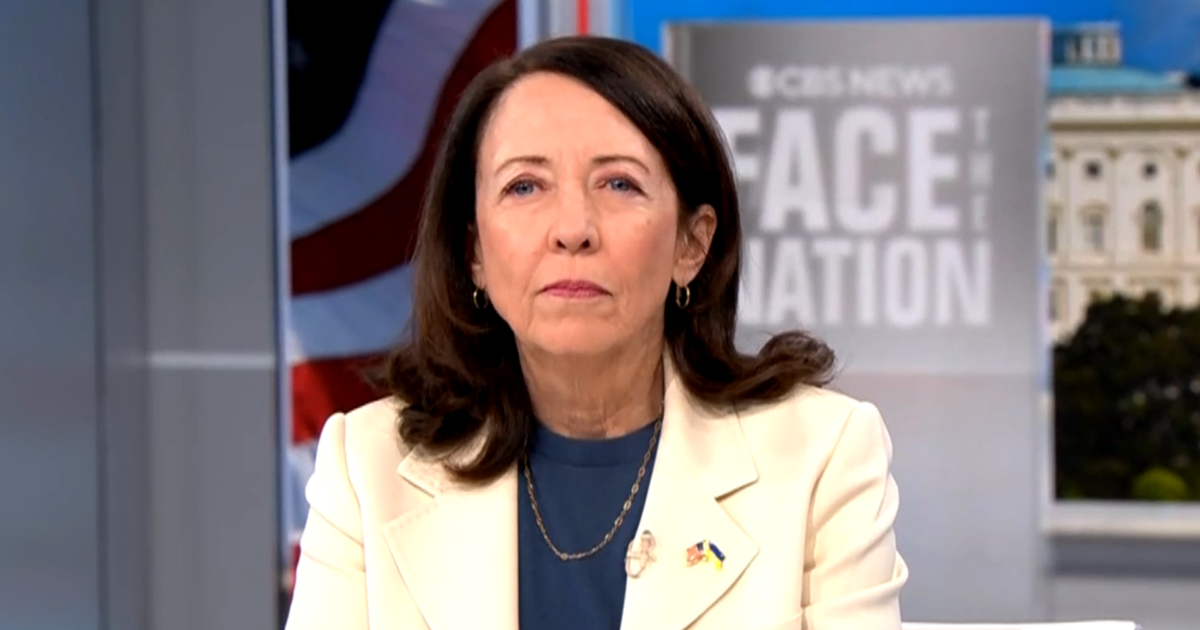Tornado Threat Looms Over Chicago Amid Severe Storms
Severe storms tore through Chicago on Monday evening, prompting tornado warnings and forcing the abrupt cancellation of Beyoncé’s sold-out concert at Soldier Field. The National Weather Service (NWS) confirmed multiple funnel cloud sightings, with damaging winds exceeding 70 mph. Over 50,000 fans were evacuated as city officials scrambled to ensure safety, raising questions about climate resilience for large-scale urban events.
Chaos Unfolds as Storms Disrupt Major Event
The sudden weather shift caught both organizers and attendees off guard. Dark clouds rolled in just hours before Beyoncé’s “Renaissance World Tour” performance, part of her first solo tour in seven years. By 6:30 PM CDT, the NWS issued a tornado watch for Cook County, urging residents to seek shelter. Concertgoers described scenes of confusion as stadium staff directed evacuations amid torrential rain and hail.
“We heard the sirens, and within minutes, security was rushing everyone to the concourses,” said attendee Maria Hernandez, 34. “It went from a party atmosphere to sheer panic.” The Chicago Office of Emergency Management confirmed no injuries but reported downed trees and power outages across the South Side.
Meteorologists Weigh In on Unusual Storm Patterns
Experts attribute the severe weather to a collision of warm, moist air from the Gulf of Mexico with a cold front sweeping from the Rockies. Dr. Alan Kuo, a climatologist at the University of Illinois, noted that such intense storms are becoming more frequent. “Chicago has seen a 40% increase in severe thunderstorm warnings since 2010,” he said. “Urban heat islands and shifting jet streams are amplifying these events.”
- Wind speeds: Gusts reached 75 mph, equivalent to an EF-0 tornado.
- Rainfall: Over 2 inches fell within an hour, overwhelming drainage systems.
- Economic impact: The canceled concert cost an estimated $10 million in lost revenue.
City’s Emergency Response Under Scrutiny
While officials praised the swift evacuation, critics questioned why the event wasn’t postponed earlier. “We rely on real-time data, and the situation escalated rapidly,” defended Chicago Mayor Brandon Johnson. However, event safety consultant Rachel Lombardo argued for stricter protocols: “Outdoor venues need automated weather monitoring and clearer contingency plans.”
Meanwhile, Beyoncé’s team announced rescheduled dates for August 28–29, though some fans expressed frustration over travel disruptions. “Hotels and flights aren’t refundable for many,” noted Twitter user @ConcertGoer2023.
Climate Change and the Future of Outdoor Events
The incident highlights broader concerns about hosting mass gatherings in an era of volatile weather. A 2022 study in Nature Climate Change projected a 25% rise in extreme precipitation events across the Midwest by 2050. Venues like Soldier Field, designed in 1924, face mounting pressure to upgrade infrastructure.
“Cities must invest in resilient design—covered stadiums, better drainage, and AI-driven weather modeling,” urged urban planner Derek Simmons. “Last-minute cancellations aren’t sustainable.”
What’s Next for Chicago and Concert Safety?
In the storm’s aftermath, Chicago’s emergency management team plans to review evacuation procedures with event organizers. The NWS also aims to pilot a new alert system with 30-minute advance tornado predictions, up from the current 13-minute average.
For fans, the ordeal underscores the unpredictability of live events in a changing climate. As Beyoncé’s team pledged refunds for those unable to attend the new dates, the broader takeaway resonates: preparedness is no longer optional. Stay updated on weather alerts via the NWS website and always have a backup plan for outdoor events.
See more Your Daily Weather



